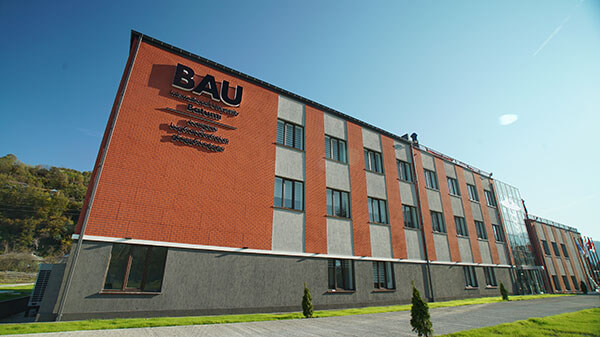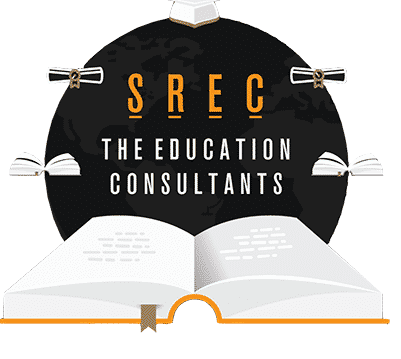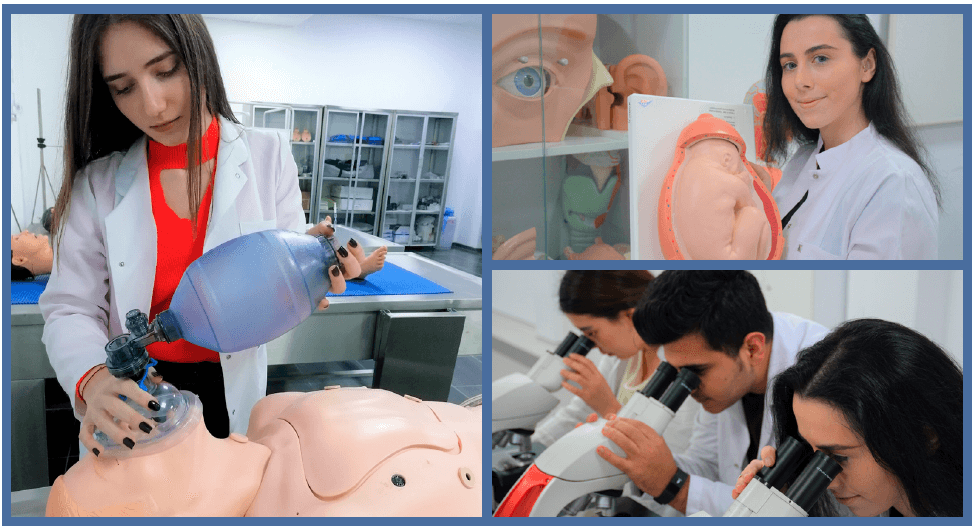About BAU International University Batumi
BAU International University, Batumi is a new premier University in Georgia offering high quality medical education to citizens of all countries around the world.
One of the main objectives of BAU International University, Batumi is to develop and implement scientific-research projects and ensure BAU students involvement in them. Currently, the University realizes scientific-research in the following directions: Immunohematology, Public Health and Pharmacokinetics.
CAMPUS FACILITIES
BAU International University, Batumi is a university within the BAU Global Network which is comprised of 8 Universities, 16 liaison offices and 4 language schools spread in 9 countries over 4 continents.
BAU International University Batumi operates in a brand new building. The University itself is a modern facility that features the latest technologies, laboratories, classrooms and mannequin simulation stations.

CLINICAL EXPERIENCE
BAU International University Batumi is located close to the Health Centre “Medina “. This will enable us to provide the best education for the medical students, as they will receive clinical experience from the first year of their education. Furthermore, students have the opportunity to acquire skills for cadaver dissection in anatomy.
EDUCATIONAL PROGRAM
American model educational program corresponds to international standards, lasts for six years and is conducted in the English language. During studies the students will also take Free USMLE (United States Medical Licensing Examination) course. BAU International University Batumi has been enlisted in the World Health Organization (WHO) world directory of medical schools from the very first year of establishment.


